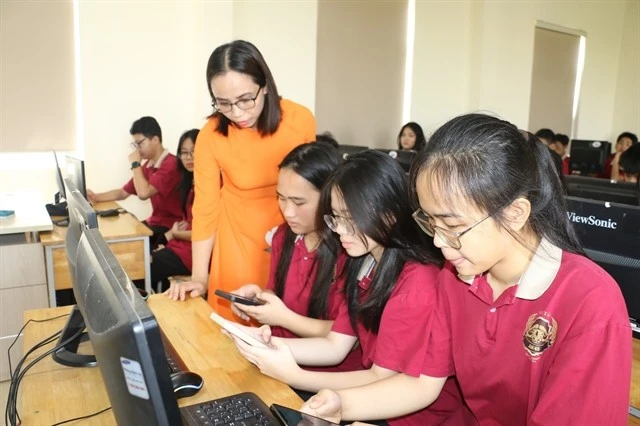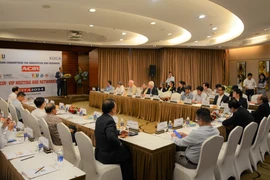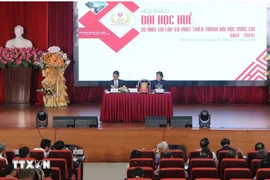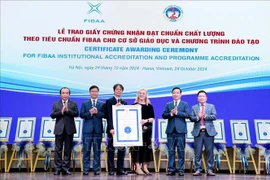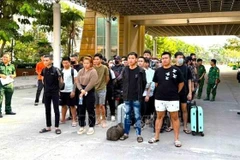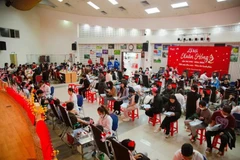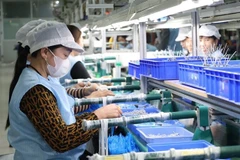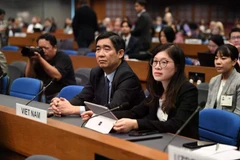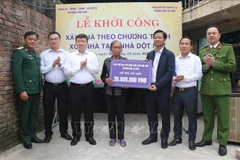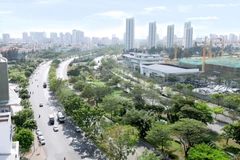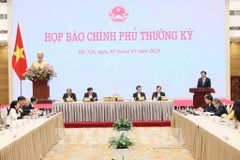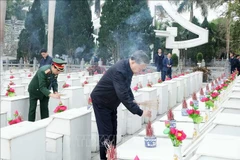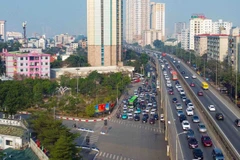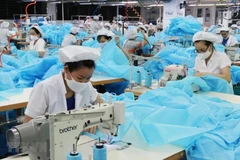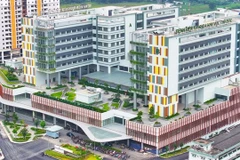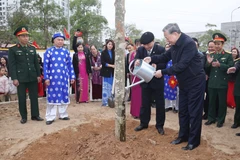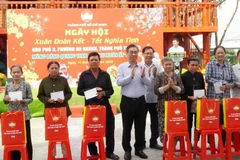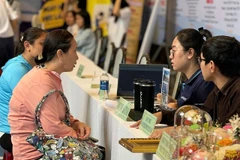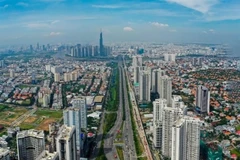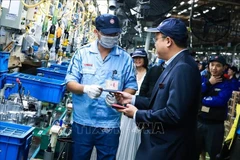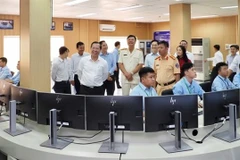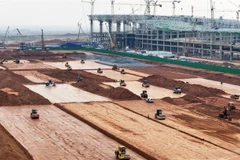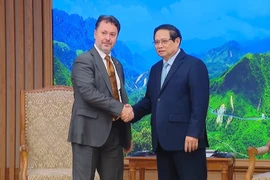Hanoi (VNS/VNA) — Vietnam has set the target to have at least five higher education institutions in the top 500 universities in the world and five in the top 200 universities in Asia by 2030.
It also aims to be among four Southeast Asian countries with the best higher education systems and among the top 10 Asian countries with the leading higher education systems, according to the Education Development Strategy to 2030, with a vision to 2045, recently approved by the Prime Minister.
To achieve these goals, Vietnamese training institutions need to implement new breakthrough solutions that improve positions on international rankings.
Nguyen Vinh San from the College of Education, Da Nang University, a key member of the Vietnam University Rankings, said in recent years, higher education institutions have made significant progress on international rankings, reflecting efforts to improve the quality of training and research.
The number of universities appearing in prestigious global rankings is increasing, and their positions on the rankings have also improved significantly over the years, he said.
Vietnamese higher education institutions have been present in many different types of rankings such as rankings of sustainable development universities, rankings by training fields, research rankings, he said.
However, the positions of Vietnamese higher education institutions are still quite modest, mainly around the top 1,000, even over 1,500, with only one school in the top 500, according to QS World University Rankings 2025, he said.
“This reflects the significant gap between our country's higher education and the world's leading education systems, requiring Vietnam to have enough strong policies to improve its position and rankings in global map,” San said.
He believes countries that have succeeded in building world-class universities, such as China, are typical examples. Vietnam has universities with the potential to reach world levels, such as national universities, regional universities, or newly upgraded universities. These schools need to be prioritised for investment, given autonomy to develop and play a leading role in helping bring Vietnamese higher education to the world.
“It is necessary to identify and separate a group of universities with the potential to reach the world for investment and support, helping them achieve international standards,” he told Vietnam News Agency.
Higher education institutions need to launch strategies to attract and train a team of lecturers and researchers with international qualifications. At the same time, it is necessary to create conditions for them to improve their capacity and international publish.
Associate Professor Nghiem Xuan Huy, director of the Institute for Education Quality Assurance at Vietnam National University, in Hanoi said from the perspective of educational science, university rankings are a comparison method for educational institutions to improve quality. This is also a form of external quality assurance.
From a national perspective, it can be seen that the competitiveness of higher education in Vietnam has increased. Vietnamese higher education institutions are gradually approaching the world's standards, quality, and capacity in training and scientific research, he said.
Being present in the rankings also helps a school create a reputation and image to promote enrolment, especially international enrolment.
University rankings are also a good information channel for learners to refer to and make decisions about where they will study, he said.
He said university rankings should not be considered the first and final goal of education, but rather the inevitable result and destination of a high-quality educational institution. Regardless of which ranking is involved, the first thing needed attention is excellent quality, demonstrated through the quality of scientific research activities, training activities and community development support of universities.
Each ranking has its own set of criteria. Therefore, universities need to carefully research and consider those ranking criteria to assess their suitability with their strengths and development strategies. The schools should develop plans and solutions based on that basis to both ensure the implementation of strategic goals and create competitive advantages in rankings, he said.
He said the common point of the prestigious rankings in the world today is that they all have focuses on the quality of international publications and academic prestige.
“If they want to create a premise and advantage when engaging in university rankings, higher education institutions need to have a breakthrough science and technology development strategy, in which they pay attention to increasing the quality and quantity of scientific research, especially international publications,” he said.
He advised the educational institutions to consider sustainable values when enrolling in rankings. Among the development indicators, priority should be given to those that both ensure sustainable development and help schools participate effectively in rankings.
Sharing the same view, Dr Hoang Ngoc Vinh, former director of the Department of Vocational Education at the Ministry of Education and Training, said although international rankings are an inevitable trend, they need to be assessed comprehensively, considering both the benefits and the limitations that need to be overcome.
Instead of chasing the indicators, higher education institutions in Vietnam should focus on improving the quality of training, research and administration to create sustainable development steps, he said.
The State needs to develop major strategic projects to enhance the application and economic efficiency of scientific research. In addition to considering scientific publications as an evaluation criterion, it is necessary to add criteria to measure the impact of research on socio-economic development, he said.
He said that the Government needs to have mechanisms to encourage and support universities in developing a technology transfer ecosystem. This includes upgrading facilities, training highly specialised human resources and building a cooperation network with businesses.
“This will help bring research results to the market, create a stable source of income which will be reinvested in science and technology activities,” he said. /.
